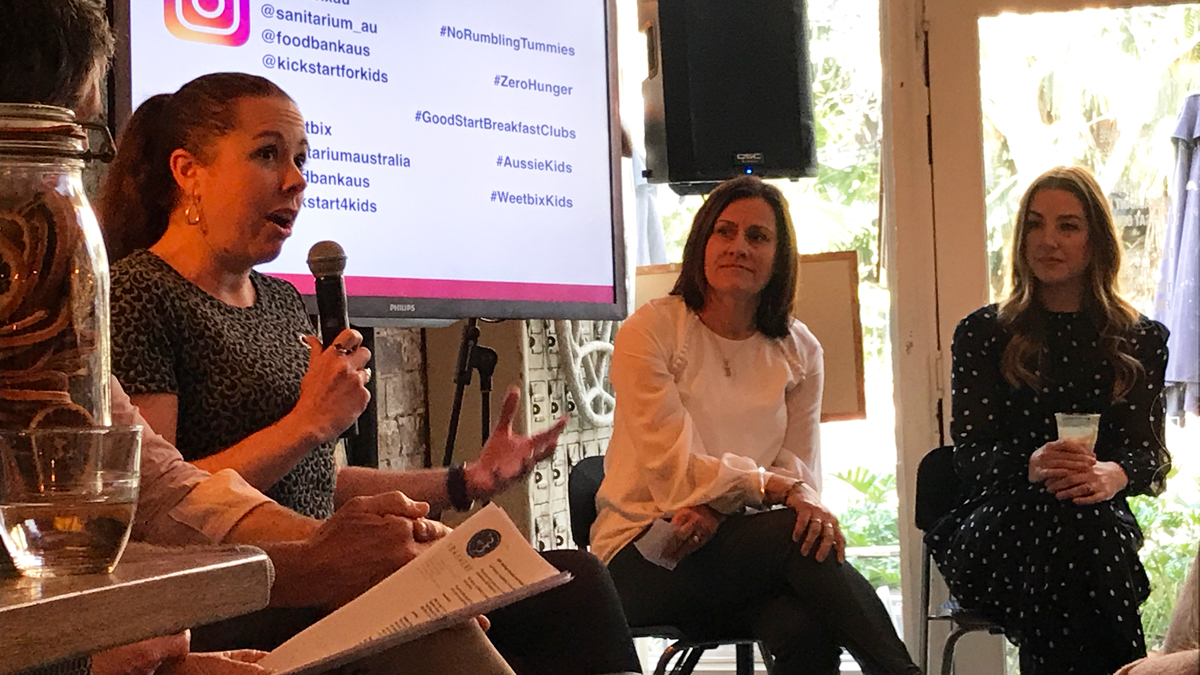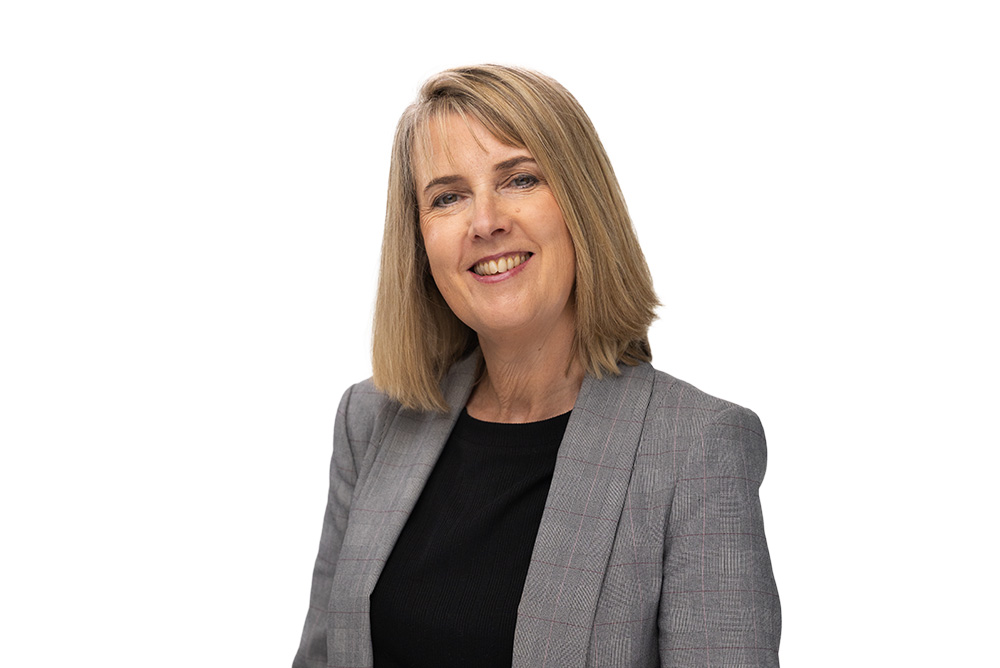A Sanitarium initiative is making a big difference in the lives of many Australian children who would otherwise start their day hungry.
The Sanitarium Good Start Breakfast Club has been helping to provide breakfast in schools since 2001, with 15 million serves of Weet-Bix supplied to students during that time.
Sanitarium currently supplies 2200 breakfast clubs in every state and territory around Australia through its food relief partners: Foodbank, Kickstart for Kids and the Australian Red Cross.
“As a large food company, we often get asked to support a lot of causes and for us this is the one where we can make the biggest impact,” Sanitarium public relations manager Corrina Anderson told guests at a breakfast event held in Sydney yesterday.
“And it’s really a natural fit for us. We believe in good nutrition and we believe that we are here to serve a greater purpose.”

The event was aimed at raising awareness about the issue of child hunger, with statistics showing that one in five Australian children have experienced food insecurity in the past year.
Foodbank CEO Brianna Casey said it’s an issue that is not well understood.
“Food insecurity is different to hunger; we’ve all felt hungry at some point,” Ms Casey said. “For those facing food insecurity, the unfortunate reality is that they do not have regular access to the ingredients required to put a nutritious meal on the table for themselves and their family.”
Sadly many families feel ashamed and embarrassed about acknowledging they need help.
“We need to get rid of it [the stigma],” Ms Casey said. “We need people to talk about it, be honest about it and know that we can help them.
“It [food insecurity] is a reality that is going on in Australia and it’s happening to everyday people in our communities.”
TV presenter and Good Start Breakfast Club ambassador Jules Sebastian was shocked to find out how many children are going without food.
“When I thought about people going hungry, I thought about issues that are more understood such as homelessness, but I never imagined the heartbreaking decisions parents were having to make between paying a bill or feeding their children,” she said.
“You just don’t hear these stories so I just knew I had to do something more to help.”







